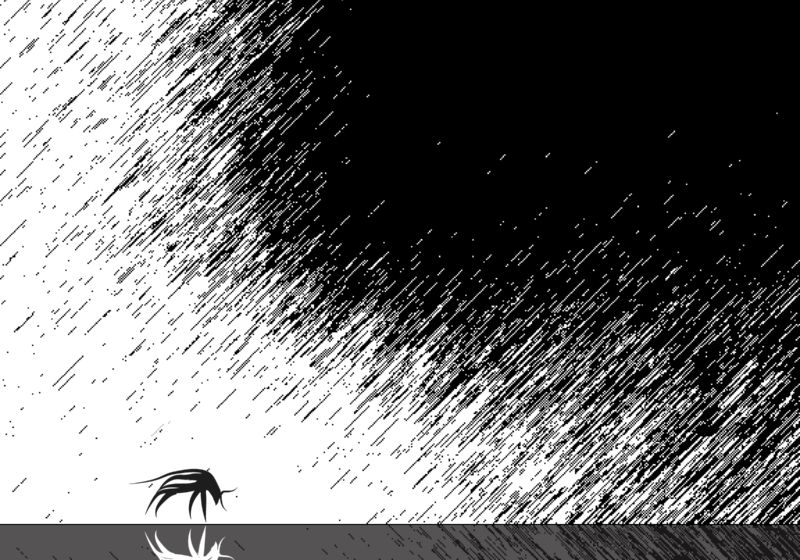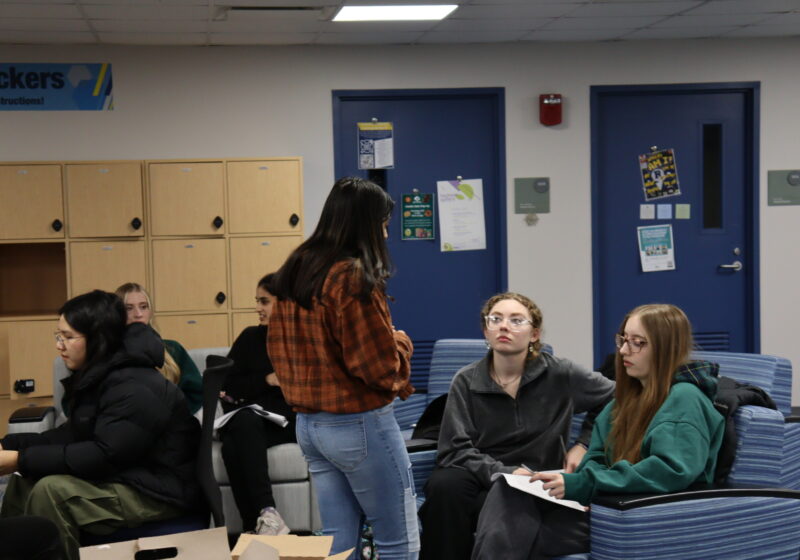Being an extrovert is an integral part of how people perceive me. My friends joke that I know everyone on campus and pretend to be shocked when they meet someone who hasn’t heard my name before. I refer to my mental state when I see people after long breaks as “being on social heroin.” The opportunities I take up tend to also reflect this idea of extroversion — being an Orientation leader, participating in multiple performance-based groups, and interviewing complete strangers for the Campus Times are some notable examples. Thus, when I feel myself slipping into a more introverted mindset, it gets really disorienting.
It’s been happening more and more recently. With the rise in COVID-19 cases due to the Omicron variant, I’ve found myself slipping into these paralyzing panics when faced with the idea of social interaction outside of my normal schedule. It’s easy to attribute it to being health-conscious, but more events keep happening and cases drop, the less I want to participate. It’s been jarring — where did the me who wanted to be everywhere for everyone go?
Back in high school, I was part of a self-study program where every student took their own personal topic and researched it for a year. One of my classmates, a textbook introvert, chose to study extraversion and used me as a reference point. It hadn’t occurred to me until then that “extrovert” was a term that could define me, but since then, I’ve stuck to it as a point of reference for myself.
When I am too exhausted by the ways of the world to actively feel through my day-to-day, I default to this bubbly, zany persona. Some might consider it fake — to me, it’s a crutch. It’s often easier to run with a mindset I’m comfortable portraying than look inwards and reflect on how I’m actually feeling. However, after a lot of time spent running on fumes, I start to break down.
One of the biggest things that has stuck with me since that self-study program was the mid-year presentation my friend did on her project. While other people had made extravagant trifolds and PowerPoint presentations, she sat alone with two rubber bands. Everyone was a rubber band in her world, and the difference between introverts and extroverts was how far their band could be pulled until they snapped. Due to all of the pressure I put on myself to be this social figure, I keep myself at the breaking point of snapping, never letting go of that tension. That “me” who thrives off of being social isn’t gone, but that natural desire to interact is being hindered by the exhaustion of expecting myself to stretch endlessly.
If you find yourself in a similar predicament, all I can really recommend is that we both take a moment to ourselves. It can be really difficult to want to spend time with yourself, especially when it feels less natural, but your body and mind will thank you. Let yourself switch off for a while, and you will come back brighter than ever without feeling like you’re burning yourself out. Your extraversion is not what keeps people around — it’s you.







